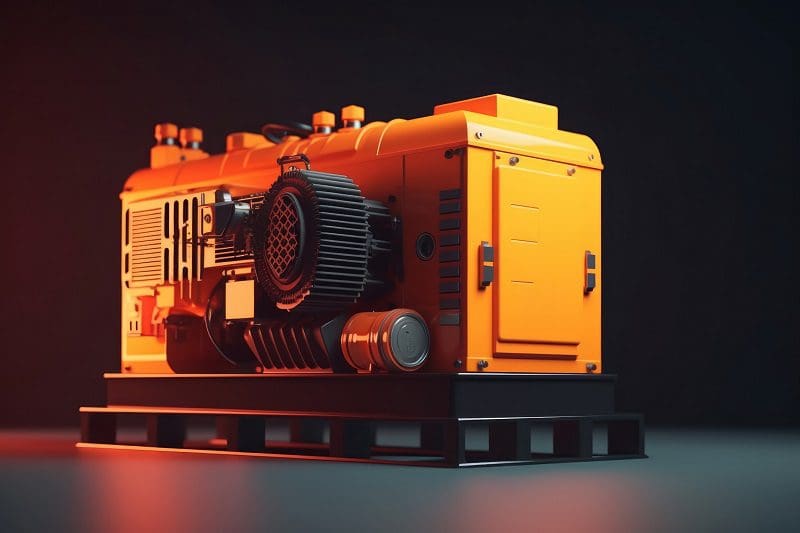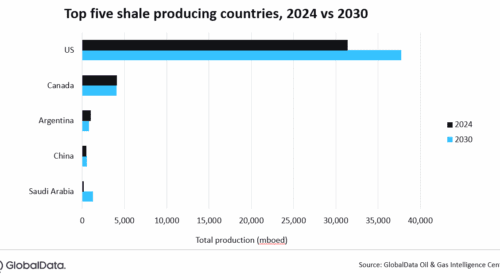In most situations, we’re lucky to have quick access to electricity from the power grid. But sometimes, we face situations where there’s no power available, and that’s when generators come in handy. To make sure generators work reliably, regular maintenance is necessary. Modern generators can run for many hours with basic care, ensuring a steady power supply for tools, events or buildings. Sadly, because generators are self-contained, people often forget to maintain them. However, it’s crucial to take proper care of generators when you own or use them. This article will discuss why generator maintenance is important and provide useful information for those thinking about three-phase generator hire.
Why Do Generators Need Regular Maintenance?
Electric generators, like certain vehicles, rely on tough diesel engines that last a long time. Just like you wouldn’t skip a visit to the mechanic for your vehicle, it’s important not to forget about maintaining your generator.
Regular maintenance keeps your generator ready to work. Many generators are used as backup power in places like medical centers, schools, nursing homes, festivals and events, as well as many commercial locations. These backup systems have to work reliably when they’re needed. Regular generator maintenance needs to be conducted to ensure the equipment last longer, especially when people’s lives are at risk.
On top of ensuring reliability, generator maintenance has other benefits:
- Preserves the warranty: By sticking to the recommended maintenance schedule, you can keep your generator’s warranty intact.
- Maximizes efficiency: Well-maintained generators run at their best, performing well and using less fuel.
- Creates a safe environment: Proper maintenance lowers the chance of breakdowns or accidents, making sure that everyone in the area stays safe.
- Avoids expensive repairs: Regular maintenance helps catch problems early, stopping them from turning into big issues that cost a lot to fix.
By giving priority to generator maintenance, you not only protect the warranty and improve efficiency but also promote safety and save yourself from potentially expensive repairs in the future.
Who Can Perform Regular Generator Maintenance
Generators, even small ones, have a powerful output that can be dangerous for those without proper maintenance training. That’s why it’s crucial to hire an electrician to handle routine maintenance tasks for your generators.
Electricians who are experts in generator maintenance can provide a professional review and evaluation. By relying on their services, you not only keep untrained individuals safe but also speed up the maintenance process. Similar to vehicles, generators have diagnostic systems that help technicians identify and repair any key issues. These diagnostics often require specialized equipment that you may not have. By hiring an electrician, you can be confident that all these aspects are taken care of, relieving any concerns or worries.
They have the knowledge, tools, and experience necessary to ensure the safe and efficient operation of your generator system.
Generator Maintenance Appointments
To make sure your generator stays in great shape, generator manufacturers typically give you a detailed maintenance schedule. This schedule lists the things your electrician should check during each service.
These regular checks help prevent big problems. They also let technicians find and fix small issues before they become expensive repairs. If you ignore things, you might end up paying a lot for repairs. But with regular maintenance, you can save money if these problems are identified and fixed early.
How Often Should I Schedule Generator Maintenance
To keep your generator in good shape, it’s recommended to schedule professional servicing every six months or as advised by the manufacturer. Manufacturers usually provide maintenance based on the hours the generator has been running. For example, if you run a generator five hours a day, five days a week, this adds up to 25 operational hours. Depending on the manufacturer’s guidelines, servicing may be required every 100 hours, depending on its usage. If the generator is used in harsher and hotter environments, you should consider more frequent servicing.
In addition to professional maintenance, it’s important to regularly monitor your generator system. Pay close attention to any signs of struggling or component failure. It’s better to address and fix issues before they lead to a breakdown, so don’t ignore any warning signs.
Furthermore, it’s crucial to ensure that your generator is regularly operated. Backup generators can often sit unused for long periods, which can cause problems for the engines. If your generators serve as backup power solutions, it’s recommended to run them for 30 – 60 minutes regularly. This helps keep the internal components properly lubricated.
Please keep in mind that the Kva rating of the generator will also play a huge role in determining maintenance schedules and possible issues. A simple 6Kva generator will vary greatly compared to a 200Kva used in a construction site.
There are also a range of different portable generators. Below are some outside of the three-phase generator mentioned above.
Conventional Generators: Conventional or standard portable generators are the most common type. They consist of an internal combustion engine that runs on gasoline, diesel, or propane, coupled with an alternator to produce electricity. These generators are typically affordable and offer a wide range of power outputs.
Inverter Generators: Inverter generators are a more advanced type of portable generator. They use a three-phase power generation process: the engine produces AC power, which is then converted to DC power, and, finally, inverted back to clean and stable AC power. Inverter generators provide consistent and high-quality power, making them suitable for sensitive electronics and devices.
Solar Generators: Solar generators utilize solar panels to capture sunlight and convert it into electrical power. They usually consist of solar panels, a charge controller, and a battery bank to store the generated energy. Solar generators are eco-friendly and silent but are limited by the availability of sunlight and may have lower power output compared to conventional generators.
Dual-Fuel Generators: Dual-fuel generators offer the flexibility to run on two different types of fuel, commonly gasoline and propane. This versatility allows users to switch between fuel sources based on availability or personal preference. Dual-fuel generators provide convenience and extended runtime options.
Hybrid Generators: Hybrid generators combine multiple power sources to provide electricity. They can integrate different technologies, such as combining a conventional generator with a battery bank or renewable energy sources like solar panels and wind turbines. Hybrid generators offer increased efficiency, reduced fuel consumption, and lower emissions.












